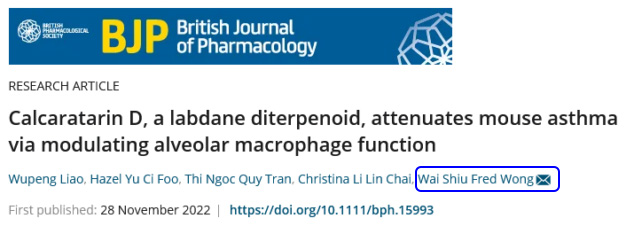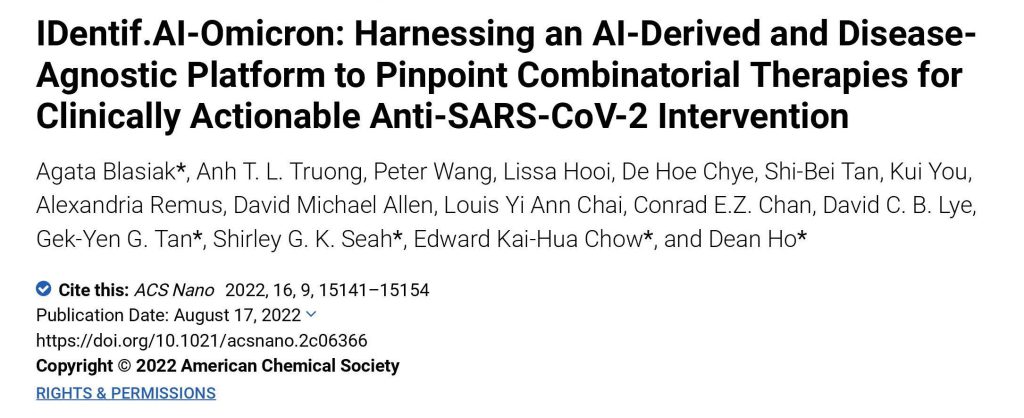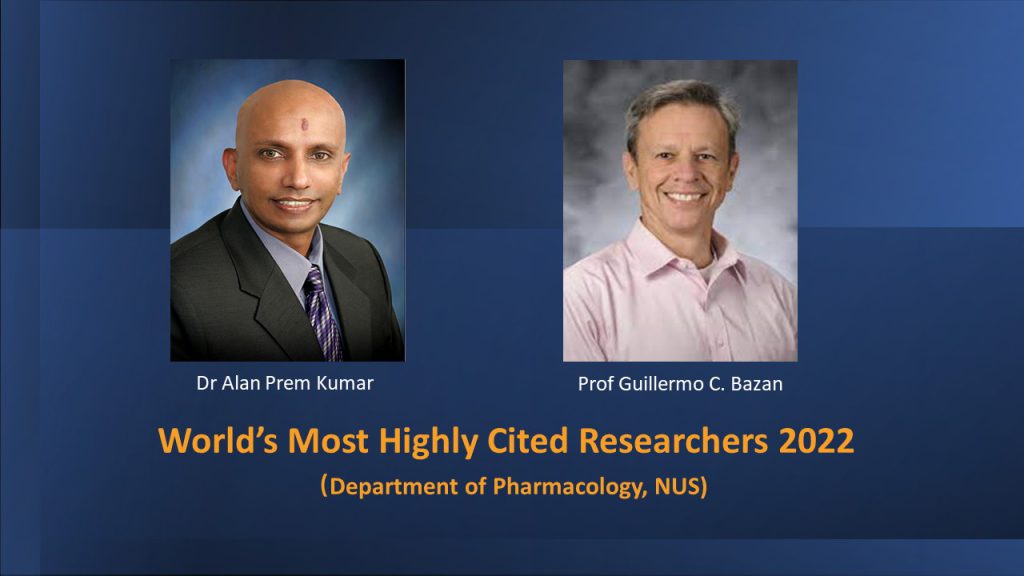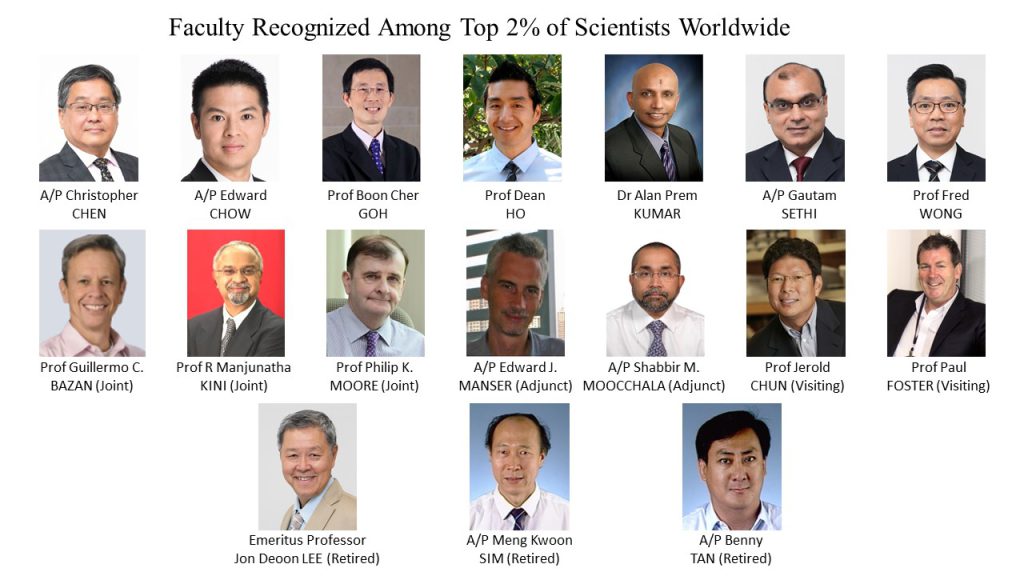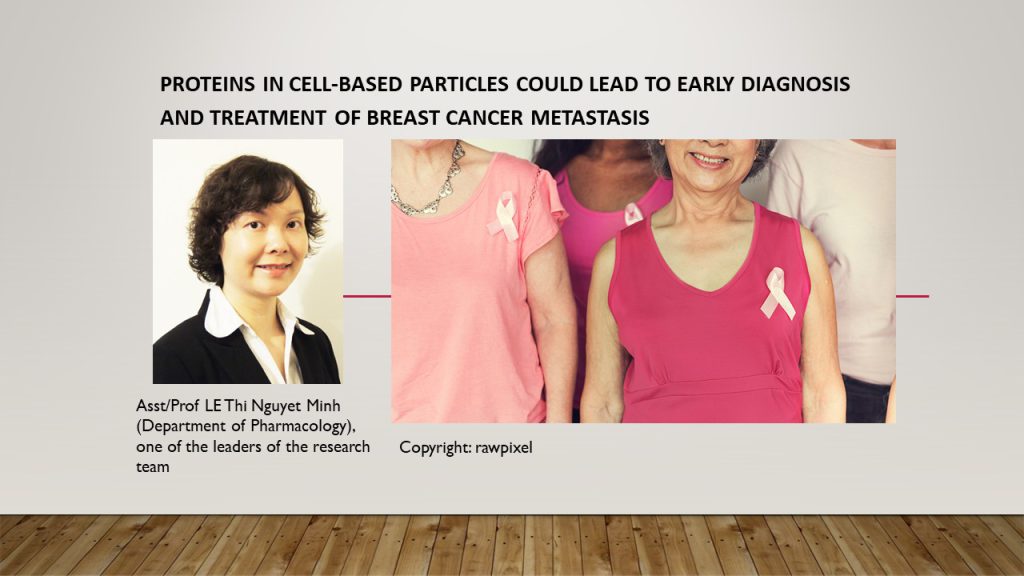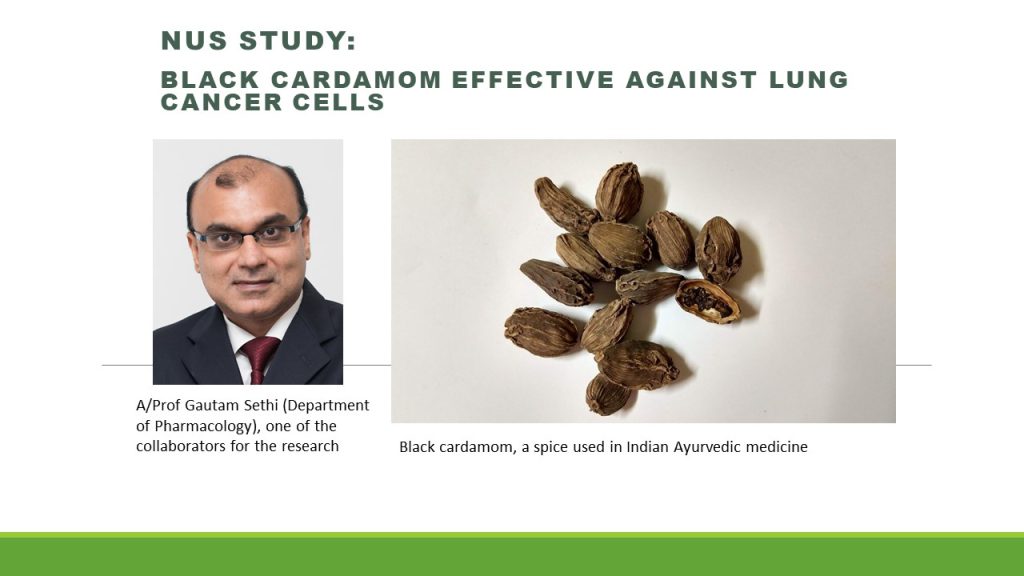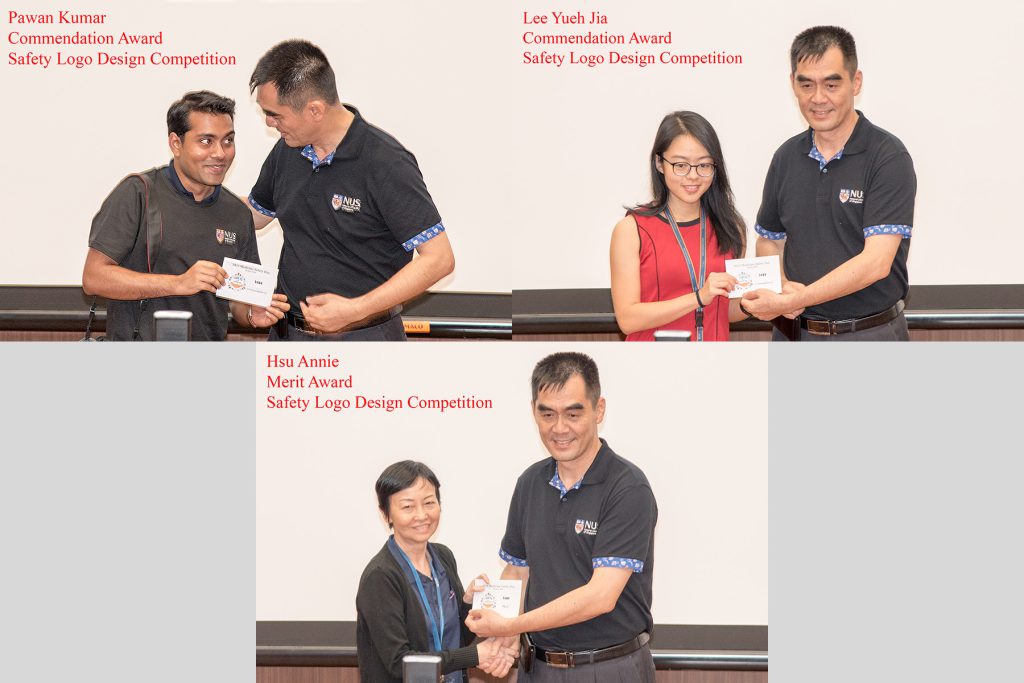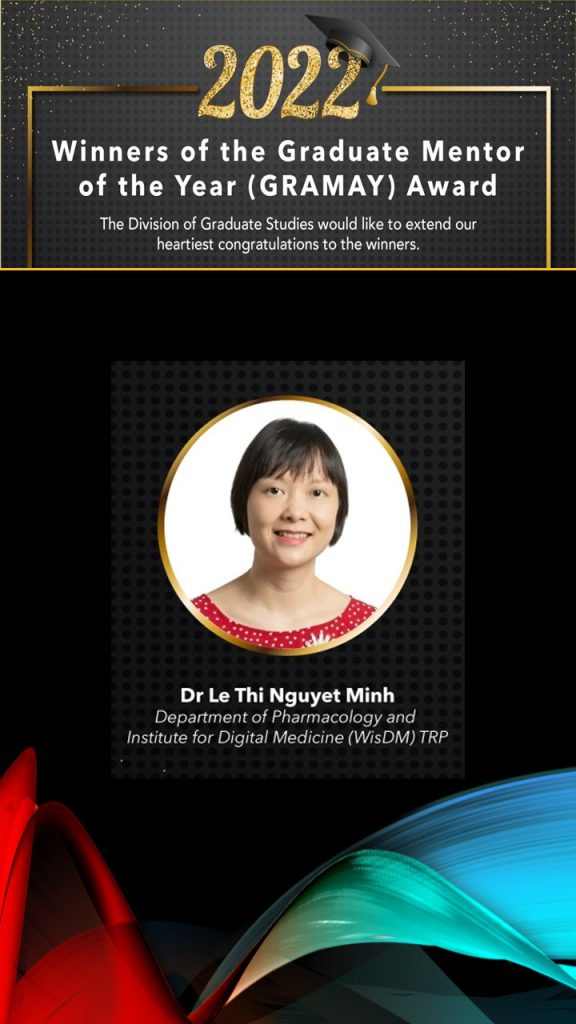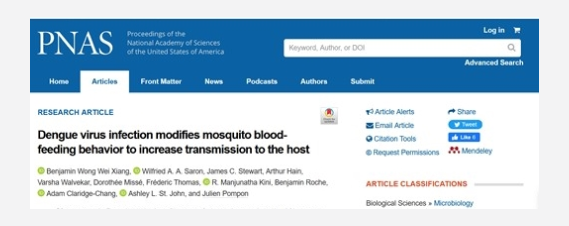Calcaratarin D, a labdane diterpenoid, attenuates mouse asthma via modulating alveolar macrophage function
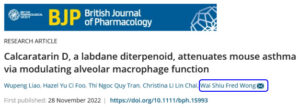
Abstract
Background and purpose: Alveolar macrophages (AMs) contribute to airway inflammation and remodelling in allergic asthma. Calcaratarin D (CalD), a labdane diterpenoid from rhizomes of the medicinal plant Alpinia calcarata, has recently been shown to possess anti-inflammatory properties. The present study evaluated protective effects of CalD in a house dust mite (HDM)-induced asthma mouse model.
Experimental approach: The effects of CalD on AMs in contributing to anti-inflammatory effects in asthma were investigated through in vivo, ex vivo, and in vitro experiments.
Key results: CalD reduced total bronchoalveolar lavage fluid and differential cell count, serum IgE levels, mucus hypersecretion, and airway hyperresponsiveness in HDM-challenged mice. Additionally, CalD affected a wide array of pro-inflammatory cytokines and chemokines and oxidative damage markers in isolated lung tissues. CalD suppressed the HDM-induced increase in Arg1 (M2 macrophage marker) in AMs from lung tissue and reduced lung polyamine levels. CalD weakened antigen presentation capability of AMs by reducing CD80 expression, reduced AM-derived CCL17 and CCL22 levels, and lessened Th2 cytokines from CD4+ T-cells from asthma lung digest. CalD blocked the HDM-induced FoxO1/IRF4 pathway and restored impaired the Nrf2/HO-1 antioxidant pathway in lung tissues. CalD inhibited IL-4/IL-13-stimulated JAK1/STAT6 pathway, FoxO1 protein expression, and chemokine production in primary AMs. Structure-activity relationship study revealed the α,β-unsaturated γ-butyrolactone in CalD is capable of forming covalent bonds with cellular protein targets essential for its action.
Conclusion and implications: Our results demonstrate for the first time that CalD is a novel anti-inflammatory natural compound for allergic asthma that modulates AM function.

